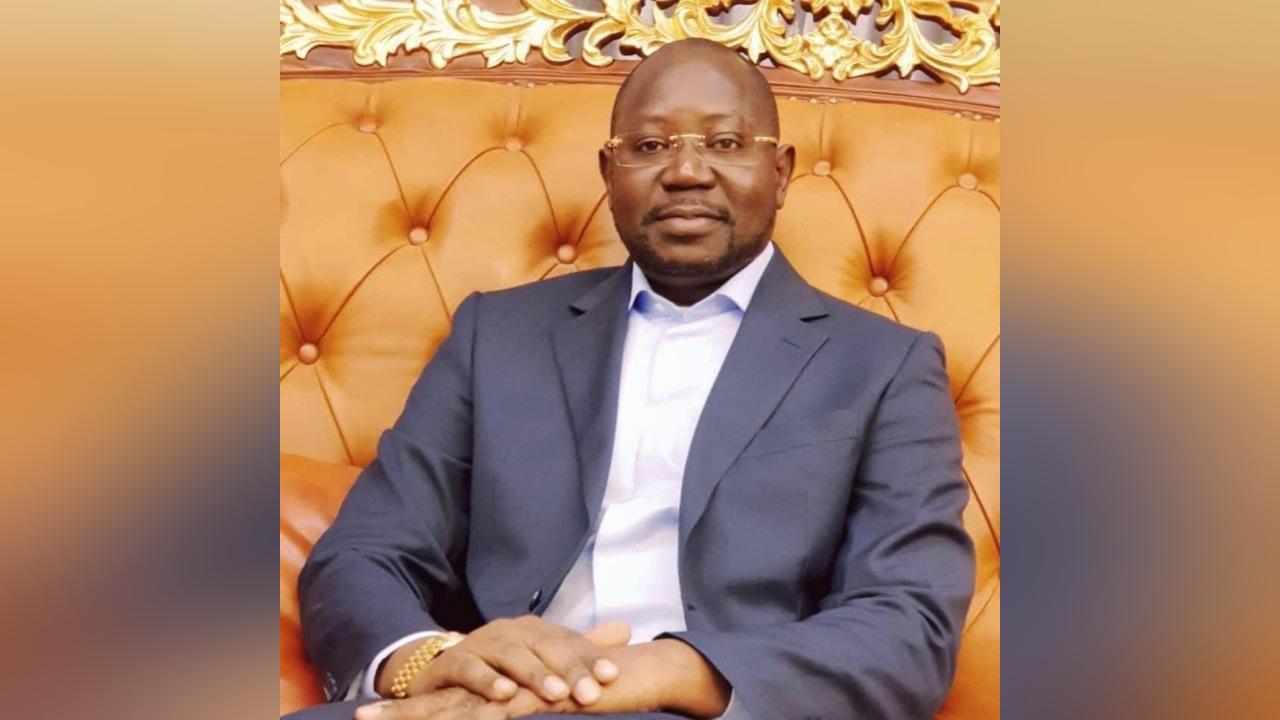Africa-Press – Gambia. Mai Ahmed Fatty, leader and secretary general of the Gambia Moral Congress (GMC), has blamed the country’s institutional inefficiency on what he described as the long shadow cast by the politicization of public institutions during the 22-year rule of former President Yahya Jammeh.
Speaking to members of the press, Mr. Fatty emphasized that reforms—particularly institutional reforms—remain essential to the country’s democratic and developmental progress.
“The other area we have to expedite is the area of reforms, particularly institutional reforms. We inherited a legacy problem. During the dictatorship, all our institutions were politicized. They were destroyed. 22 years of systematic destruction of institutions. Now we need to rebuild. We need to restore the mandate, the true mandate of institutions back to them,” He SaidFatty also addressed the issue of government service delivery, highlighting that many Gambians feel it falls short of expectations. He emphasized that the government should take this criticism seriously and work to improve it.
He stated, “The matter of efficiency is general government service delivery. Many Gambians have experienced that government service delivery is not performing to expectations. Whether this is rightly or wrongly, the government ought to take this criticism seriously and focus on efficient and effective service delivery so that Gambians will feel that the government is functioning.”
He emphasized that for sustainable development to take root, it is essential for the government to build strong, politically neutral institutions that are designed to meet the fundamental needs of the Gambian people.
“We need a functioning, competent, and an efficient civil service, public sector, that will deliver to people’s expectations. All these are challenges that we need to do. We have a security service that still mimics some of the legacies of the past, but it is not to say nothing is being done,” he said.
The leader of the Gambia Moral Congress (GMC) has acknowledged that while efforts are underway to implement institutional reforms in the country, there is a lack of consensus regarding the pace of progress.
He noted that public opinion is divided—some believe the reforms are moving too slowly, while others feel significant progress has been made. However, he emphasized that the government has not communicated its achievements effectively. “This lack of communication has led to the perception that nothing is happening in these areas,” he explained.
Commenting on recent developments, he highlighted the launch of Mansaakunda, describing it as a platform that is helping to better inform the public about ongoing progress. “Through Mansaakunda, people are becoming more aware of what is being done, and this can help reduce some of the misunderstandings. However, we still face serious and deep-rooted developmental challenges that demand our focus,” he said. “But facing challenges should not be a reason to refuse collaboration with the government—every government in the world faces difficulties.”
He urged citizens not to disengage from working with the government simply because it is navigating difficult times. He stressed that extremist politics are not the solution. “We believe that the government of The Gambia belongs to the people. Every citizen has the right to contribute to national development—whether through ideas or other means,” he said.
“Even as an opposition leader or member of the opposition, you still have a responsibility and a stake in the country’s progress,” he added.
He concluded with a strong message on patriotism: “You should not rejoice when things go wrong. When the government fails, it is a failure of the people and the country as a whole. That is not true citizenship, nor is it patriotism—it is extremism.”
For More News And Analysis About Gambia Follow Africa-Press






